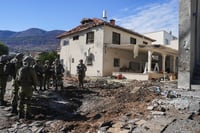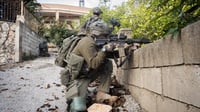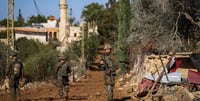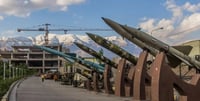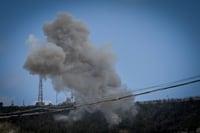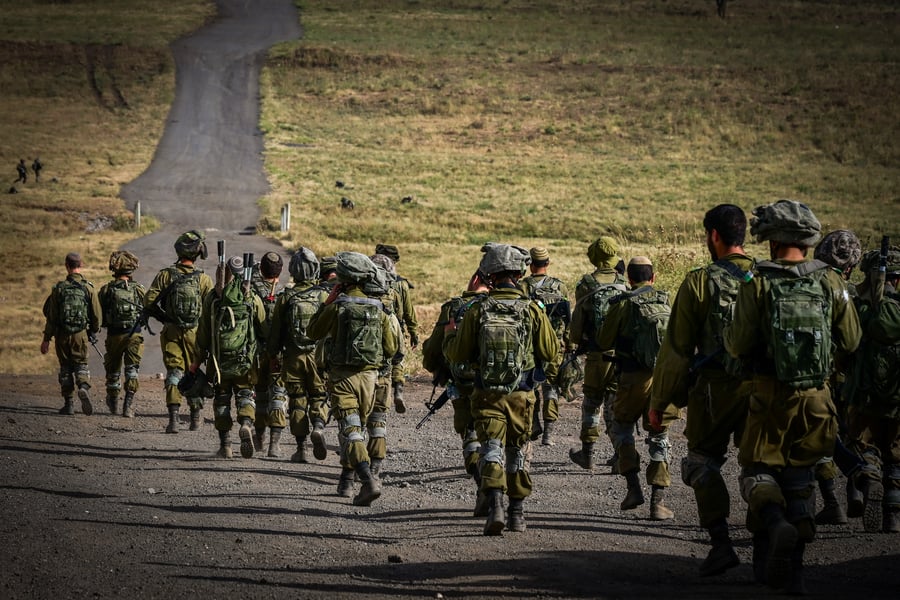
Israeli Defense Minister Israel Katz set a two-month timeline Tuesday for evaluating the success of recent military operations along the country's northern border, as the Israel Defense Forces (IDF) grapples with implementing new ceasefire arrangements.
"The next 60 days will be crucial in determining whether we've achieved our military objectives in the north," Katz said at a defense ministry conference. He emphasized a commitment to "rigorously enforce" ceasefire terms to enable the safe return of displaced northern residents.
The situation on the ground remains fluid, with IDF forces maintaining positions in southern Lebanon while working to prevent Hezbollah's return to the area.
What's happening 'on the ground' right now?
Military sources acknowledge challenges in executing the ceasefire, noting the absence of clear protocols for handling civilian approaches to IDF positions. The American-led mechanism intended to monitor ceasefire violations is not yet operational, leaving a temporary vacuum in formal oversight.
The Lebanese Armed Forces have also not deployed to the border region as stipulated in the agreement, creating what one military source described as an "increasingly chaotic situation."
These developments come as Israel simultaneously pursues negotiations for a new hostage deal with Hamas in Gaza, with Katz noting that progress in the northern campaign could increase pressure on Hamas to negotiate. "Bringing all hostages home remains our highest moral priority," he stated.
The IDF has yet to comment on reported incidents in the towns of Al-Khiam and Yaroun, as it deals with ongoing challenges of maintaining stability in Northern Israel and on the Lebanon-Israel border plus stopping Hezbollah from re-arming.



